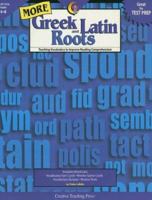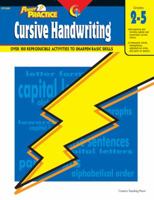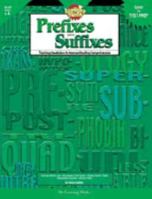A Benjamin Franklin Reader
A selection of Benjamin Franklin s writings, with an introduction and commentary by renowned author Walter Isaacson. Selected and annotated by the author of the acclaimed Benjamin Franklin: An American Life , this collection of Franklin s writings shows why he was the bestselling author of his day and remains America s favorite founder and wit. Includes an introductory essay exploring Franklin s life and impact as a writer, and each piece is accompanied by a preface and notes that provide background, context, and analysis." This description may be from another edition of this product.
Format:Hardcover
Language:English
ISBN:0743257820
ISBN13:9780743257824
Release Date:October 2003
Publisher:Simon & Schuster
Length:551 Pages
Weight:2.15 lbs.
Dimensions:1.5" x 6.5" x 9.6"
More by Pennsylvania University
You Might Also Enjoy
Customer Reviews
0 customer rating | 0 review
There are currently no reviews. Be the first to review this work.













































